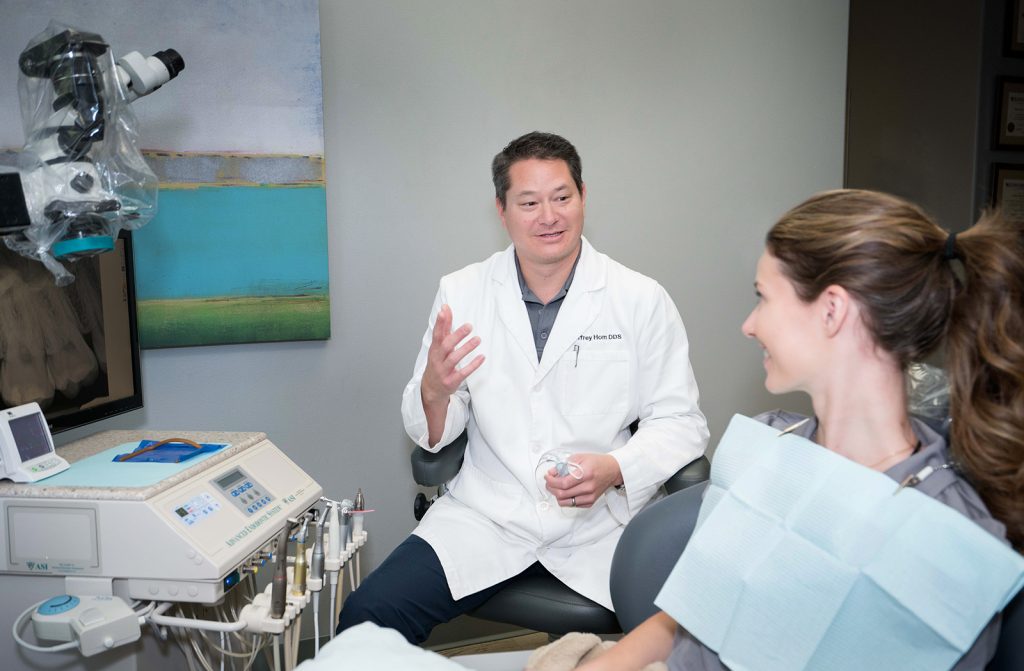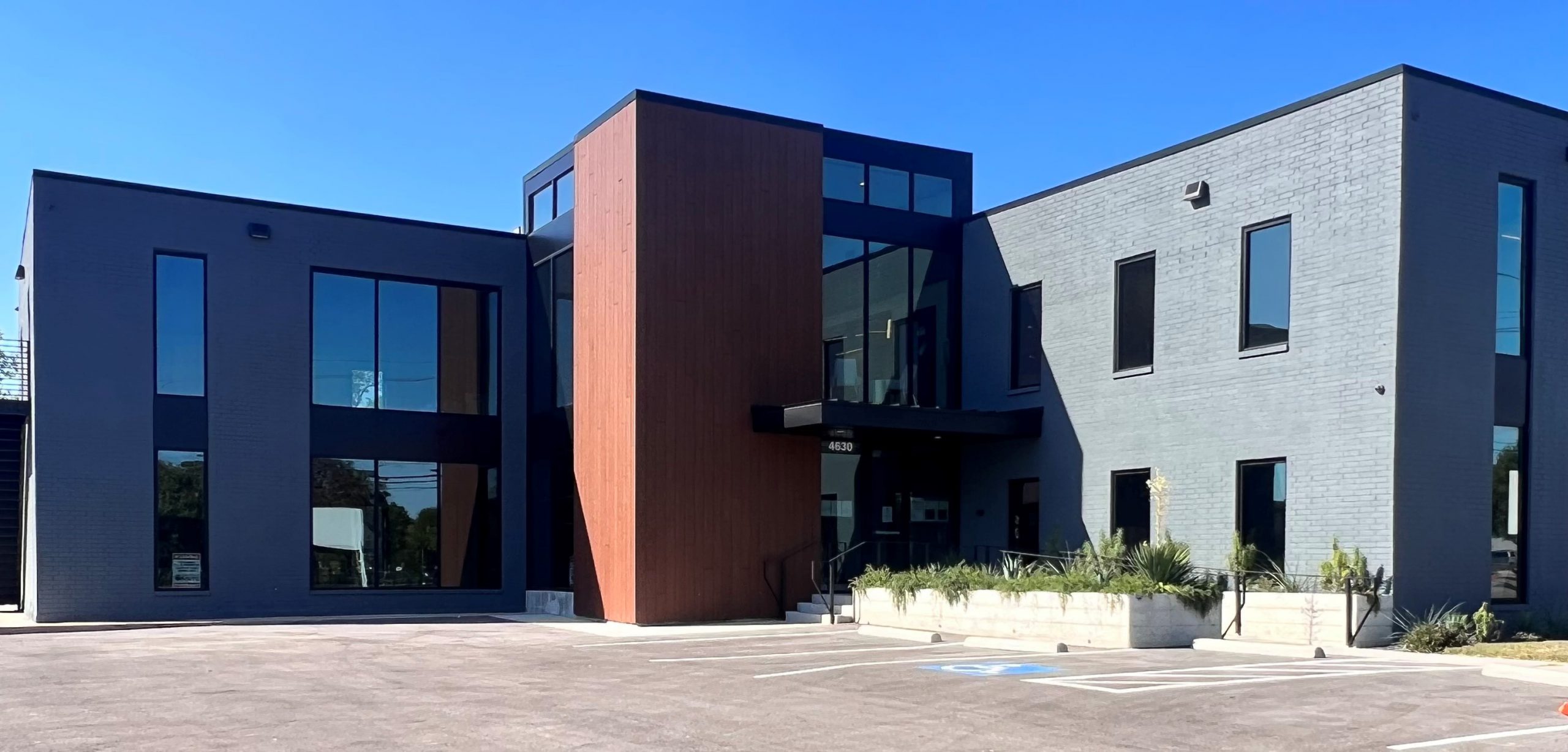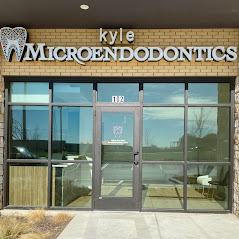FREQUENTLY ASKED QUESTIONS

As with any medical treatment, there are no guarantees in treatment outcomes. Following examination and diagnosis we will discuss treatment recommendations and options with you as well as the prognosis of treatment. However teeth which can be endodontically treated near ideal have a very high degree of success rate, up to 92%.
The procedure will be performed using local anesthesia. There are usually no restrictions after the procedure concerning driving or returning to work. A doctor is available for consultation at all times should a problem arise after your treatment.
Continue all medications for blood pressure, diabetes, thyroid problems and any other conditions as recommended by your physician. If there is a question, please call our office prior to your appointment.
In addition, please eat a full breakfast or lunch as applicable.
If you have been advised by your physician or dentist to use antibiotic premedication because of mitral valve prolapse (MVP), heart murmur, hip, knee, cardiac or other prosthesis, or if you have had rheumatic heart disease, please make sure you are on the appropriate antibiotic on the day of your appointment. You only need to premedicate for the treatment appointment. If there is a question, please call our office prior to your appointment.
If you can take ibuprofen (Advil) or naproxen sodium (Aleve), it does help reduce inflammation when taken pre-operatively. We recommend 2 tablets of either medication 2-4 hours before endodontic therapy. However if you are having a consultation, please avoid from using pain medications of any sort if possible. Masking the pain with medication may make diagnosing the area more difficult.
Some treatments require two or more appointments. Many can be done in a single appointment in 2 hours or less.
In any case, it depends on the degree of infection/inflammation and degree of treatment difficulty. To us, it’s more important to do the very best we can than to meet a specific time criteria.
We will take every measure to ensure that your procedure is in no way uncomfortable or painful. If treatment is needed, we will inject a small amount of anesthesia to gently numb a concentrated area of your mouth. For most patients, the feeling of numbness usually subsides after 2-3 hours.
Your tooth may be sore to biting for several days. Please remember that the nerve supply to the gum and bone surrounding the tooth could be inflamed and can still cause some discomfort. However, some patients find that they have little, or no discomfort and need only to take anti-inflammatory medication for 24-48hrs after the treatment.
Keeping your natural teeth for as long as possible is very important for proper eating and chewing functions. There are several options available for missing teeth, such as dentures, dental implants and fixed dental partials, however, these alternatives can be more expensive than saving your tooth with a root canal treatment.
If the tooth is properly restored, you maintain good oral hygiene, and you visit your dentist for regular checkups, your natural tooth could last for the rest of your life.
Yes. It is extremely important to make a follow-up appointment with your dentist to have the tooth permanently restored (approximately 1-3 weeks after root canal treament is completed).
After the pulp of the tooth has been removed, the tooth can become brittle, and a permanent restoration can help protect your tooth from fracturing.


South Austin Location

